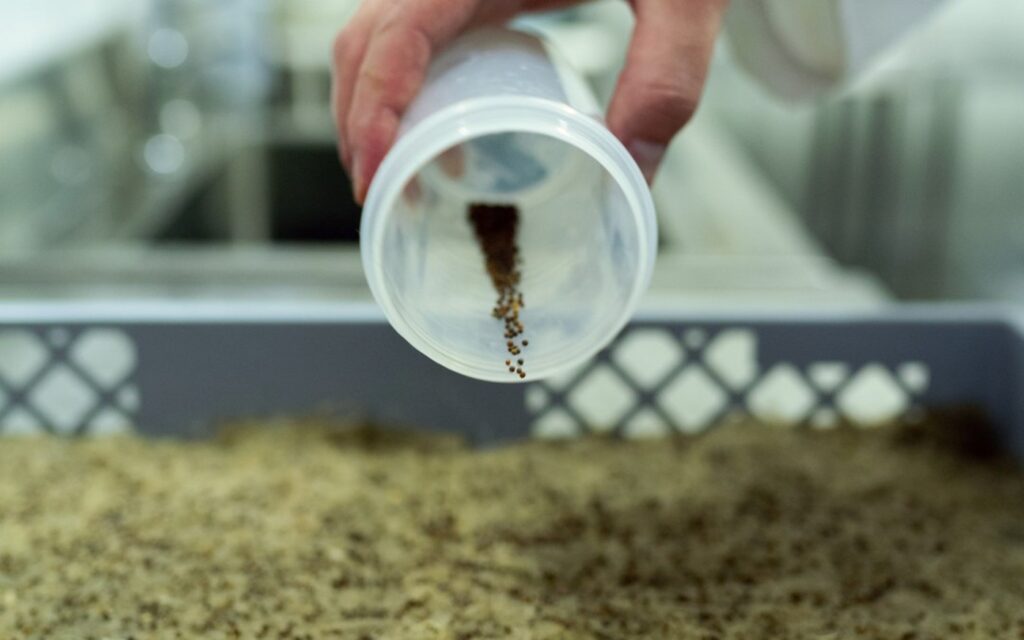Attaining predictable and high germination rates is the first step in achieving a strong and profitable crop. Research over the years has documented the affect of light, temperature and moisture on germination but more recently, the effect of beneficial microbiology on germination has also begun to be understood.

The ability of beneficial microbes to stimulate and increase germination rates has the potential to produce significant gains for the agricultural industry and so far, the research is very promising. Higher and more predictable germination percentages have been recorded in numerous studies across multiple plant species, as a direct result of increased microbial growth. Seed inoculation treatment even at lower concentrations (1-2% in water) has shown increased germination percentages and reduced germination times, with quick seed submersion (5 minutes) showing higher responses than longer durations of exposure (24 hours).
In addition to enhanced germination speed and percentages, treatment with beneficial microbes significantly influences the physical growth parameters of germinating seedlings, such as shoot and root length, leaf number and vigour. Benefits can continue to be seen throughout the life the of the plant.
So how does it work?
Plants host a varied population of microorganisms, termed as plant microbiota, that they live symbiotically with. The plant microbiota promotes plant growth and help protect it against pathogens.
Germinating seeds are usually colonized by soil-borne and seed-borne micro-organisms and form part of the primary inoculum for the seedling. Plant growth promoting bacteria in the rhizosphere are reported to influence and regulate plant physiology and growth by secreting extracellular molecules like plant hormones and signal compounds, while others increase nutrient acquisition as a means of affecting growth. The plant growth hormones considered most vital in germination are Gibberellin and Abscisic acid.
Gibberellins are one plant growth regulator that plant growth promoting bacteria (rhizobacteria) produce and has an important role in promoting growth and regulating essential processes like seed germination, root growth, root hair concentration, elongation of stems and leaf development. Rhizobacteria presence has also been correlated to the biosynthesis of Abscisic acid, with the modulative properties of rhizobacteria on these plant hormone levels in plant tissue, having an effect similar to external application of phytohormones to the plants. The correlation between rhizobacteria and plant growth promoting hormones is likely what affects the positive correlation between their application and increased germination percentages. Adding beneficial biology during this important early development stage can assist you to get the maximum benefits during germination and early plant growth stages. Novum Lifesciences invested decades researching our strains and combined them for the specific benefit of germination and growth in our unique Endo-Fight 3-in-1™ and Endo-Fight 5-in-1™.
